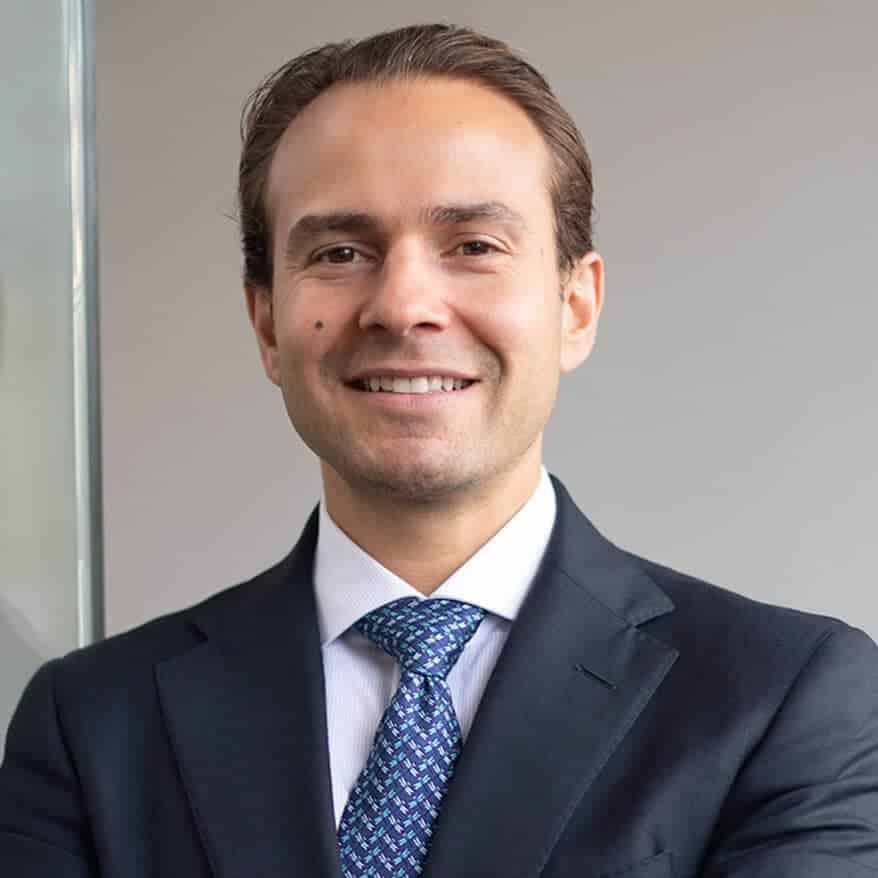This case involves a sixty-one-year-old female patient who presented to her primary care physician with a small lesion on the right side of her tongue. The mass was biopsied, a pathologist analyzed the results and the pathology report showed dysplastic changes and signs of chronic inflammation. The primary care physician counseled the patient that on the precancerous lesion and explained it could become malignant in the future. However, he advised the patient not to be worried. The lesion continued to bother the patient, which prompted a second biopsy a year later. This biopsy was consistent with well-differentiated squamous cell carcinoma. The patient underwent twelve weeks of chemotherapy and radiation. She also underwent unilateral neck dissection and subtotal glossectomy in an attempt to eradicate the malignant tissue. Metastasis to the submandibular lymph node was discovered. His hospital course was complicated in that she suffered from myelosuppression, mucositis, aspiration, dehydration, and electrolyte imbalances which necessitated the placement of a PEG tube that later became severely infected.
Question(s) For Expert Witness
1. What are the standard practices when following patients with precancerous lesions?
Expert Witness Response E-000029
Cancer of the oral cavity is associated with ulcers or masses that do not heal and with dental changes or poorly fitting dentures. Tongue and lip cancers present as exophytic or ulcerative lesions often associated with pain. Up to two-thirds of patients with primary tongue lesions have nodal disease; the incidence is substantially lower in patients with hard palate and lip cancers. Persistent papules, plaques, erosions, or ulcers in the mouth should be biopsied to rule out squamous cell carcinoma, particularly in patients with appropriate risk factors. Dysplastic lesions of the tongue need to be followed very closely as this represents a premalignant lesion with significant risk for malignant transformation. Common practices are to follow the patient monthly to observe a change in size.
About the author
Michael Talve, CEO
Michael Talve stands at the forefront of legal innovation as the CEO and Managing Director of Expert Institute. Under his leadership, the Expert Institute has established itself as a vital player in the legal technology arena, revolutionizing how lawyers connect with world-class experts and access advanced legal technology. Michael's role involves not only steering the company's strategic direction but also ensuring the delivery of unparalleled intelligence and cutting-edge solutions to legal professionals. His work at Expert Institute has been instrumental in enhancing the capabilities of attorneys in case preparation and execution, making a significant impact on the legal industry's approach to expert consultation and technological integration. Michael's vision and execution have positioned the Expert Institute as a key facilitator in the intersection of law and technology.



